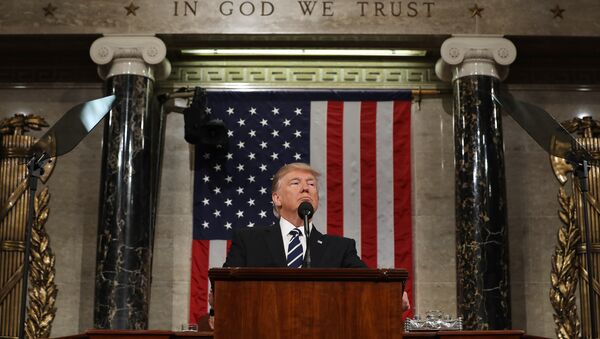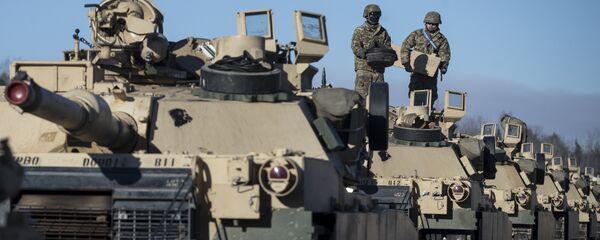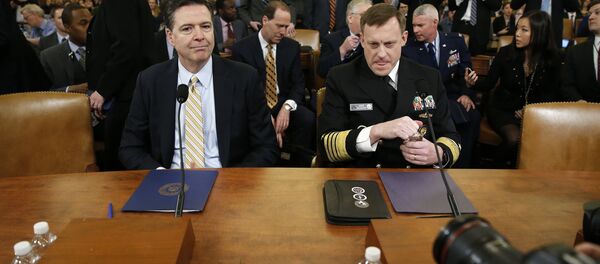"During the election campaign, Trump championed the idea of limiting America's expansionism. Among other things he was advocating for a more calculated approach toward NATO and urging other member states to assume more responsibilities as part of the bloc," the analyst told Gazeta.ru.
Earlier this year, Trump caused a stir when he called the North Atlantic Alliance "obsolete," adding that the bloc has been unable to efficiently respond to terrorism. He was also critical of NATO members who were allocating less than 2 percent of their GDP on defense. In 2015, only five countries in the 28-member bloc met the threshold. On March 17, Trump described the current spending imbalance as "very unfair" to the United States.
Engelgardt, a research fellow at the Institute for Slavic Studies of the Russian Academy of Sciences, further said that Trump's initiatives at home and abroad have been met with resistance from the US Congress, prompting the White House to backtrack on some of its pledges.
"Trump's decision to put the pro-Russian agenda on hold is the most obvious step backwards," he explained, adding that ties between Washington and Moscow have become a "politically toxic" issue for the current US administration.
According to recent rumors, Trump has become less willing to pursue a deal with Russia due to mounting domestic pressure on his administration with regard to supposed illicit dealings with Moscow. Both, Trump and Russian officials have denied any wrongdoing.
Never miss a story again — sign up to our Telegram channel and we'll keep you up to speed!



